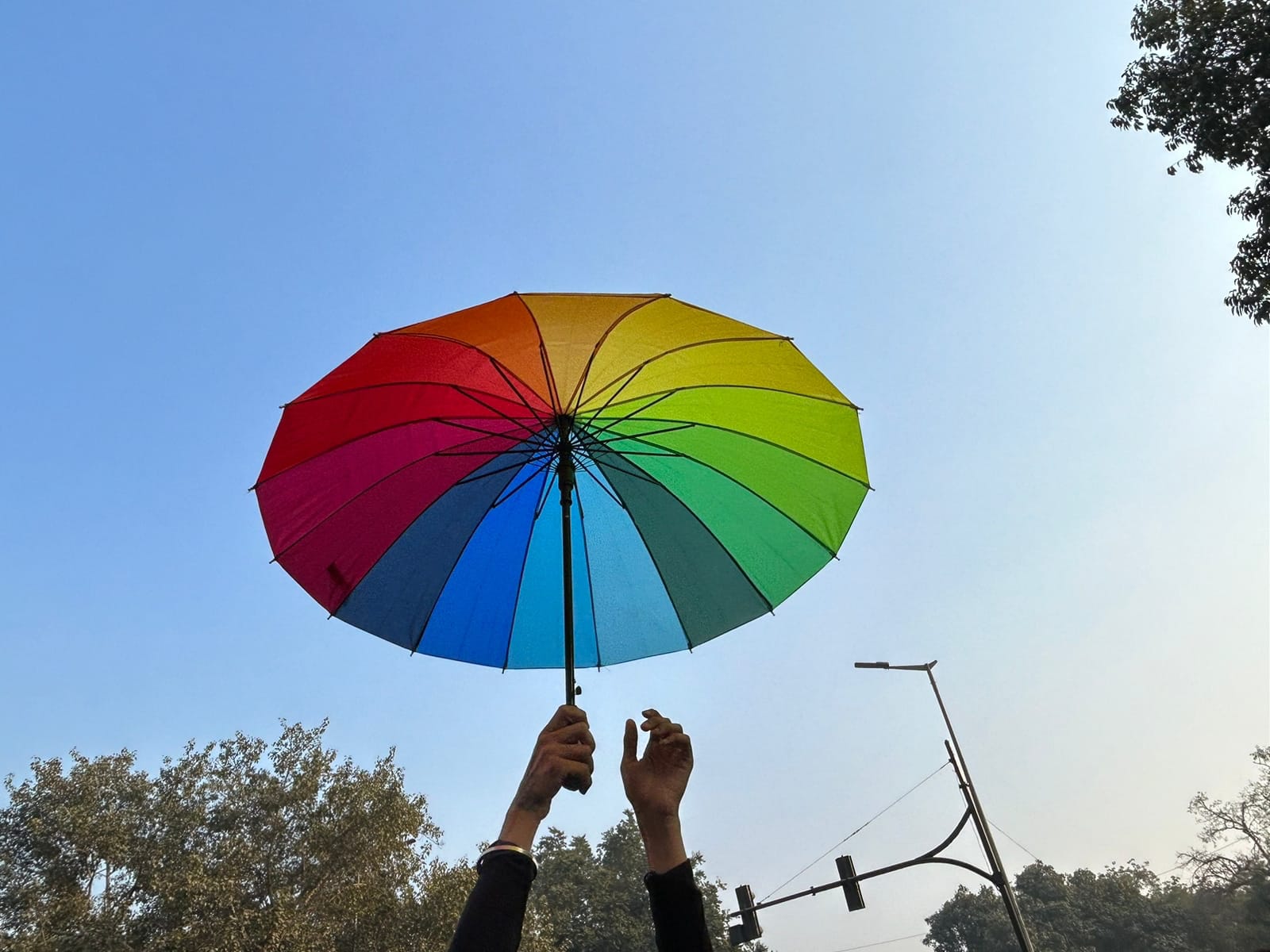New Delhi: Nuclear families, across different cultures, have been traditionally defined in such a way that they exclude Lesbian, Gay, Bisexual, Pansexual, Transgender, Queer, Intersex, Agender, Asexual, and other LGBTQIA+ family members.
The umbrella term LGBTQ+ encompasses an array of sexual and gender minorities, as well as those who question their sexual orientation. Lesbian, Gay, Bisexual, Pansexual, Transgender, Gender Queer, Queer, Intersex, Agender, Asexual, and others are collectively referred to as LGBTQIA+.
The concept of a family is different from the hetero-normative social structure from the perspective of the LGBTQIA+ community. The concept of “family” extends beyond blood relations.
Since time immemorial, if a person who identifies as LGBTQ+ deviate from the family norm, traditional family relationships are called into question.
An LGBTQ+ person, for instance, may occasionally experience complete family disownment. LGBTQ+ people frequently have to adjust by hiding their identities or are pressured to leave if their sexual orientation is discovered.
While it may be normal for someone to want to maintain contact with their family while expressing their sexual identity, disowning is also a common response from the majority of families due to socially ingrained prejudices.
Due to these exclusions, the majority of LGBTQ+ individuals seek “families of choice” or “alternative families” that can give them the stability and affection that their biological families were unable to.
The LGBTQ+ community views chosen families as being more emotionally and psychologically supportive than biological families because they are a group of people to whom a person feels emotionally close enough to consider them as family, even though they are not biologically or legally related because of shared circumstances.
The idea of “family” within chosen families entails a promise to guarantee and commit as well as a desire to provide comfort in difficult times.
